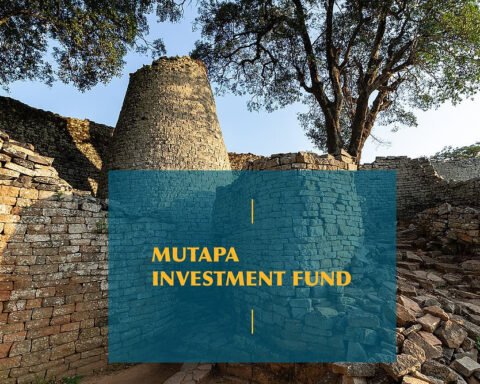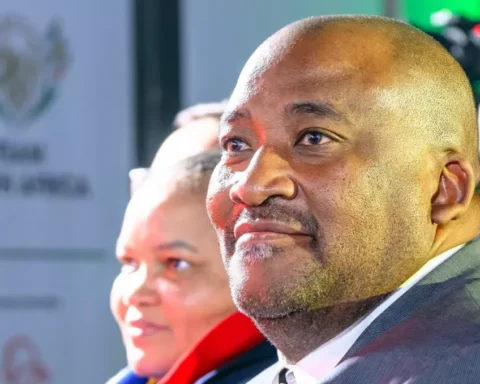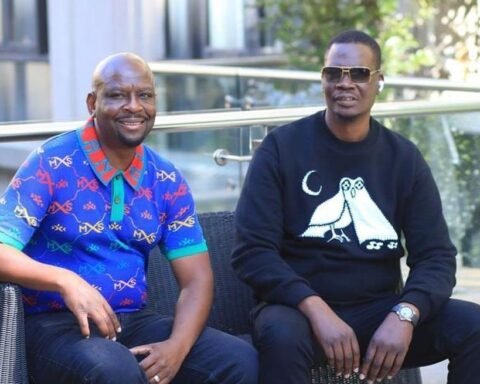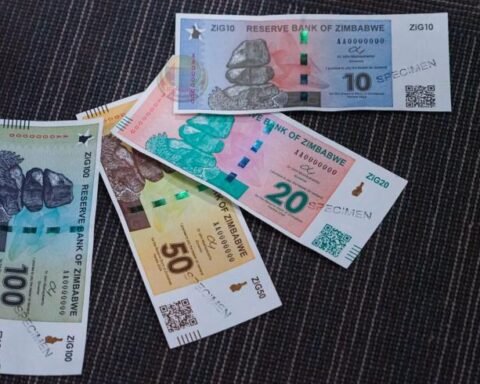Harare, Zimbabwe – According to a recent report by the Economist Intelligence Unit (EIU), Harare, the capital city of Zimbabwe, has been ranked among the ten worst liveable cities in the world. The Global Liveability Index, which assesses living conditions across 172 countries, bases its rankings on stability, healthcare, culture and environment, education, and infrastructure.
Harare received a low index rating of 44.0, which falls below the acceptable 50.0, making it the 164th least liveable city in the world. Harare joined other African cities, including Algiers, Douala, Tripoli, and Lagos, in the bottom ten. The EIU stated that wars, conflicts, and terrorism are the biggest factors weighing down the ten lowest-ranked cities, of which seven are from the Middle East and Africa.
The report also revealed that Harare’s healthcare received a rating of 20.8, the worst in the bottom ten, while its infrastructure is pegged at 35.7. However, the city amassed a 66.7 rating in education, placing it higher than other countries in the bottom ten.
Despite the Covid-19 pandemic diminishing liveability, the average index score slightly rose to 73.6, up from 69.1 in 2021. However, the score still remains lower than the average of 75.9 reported before the pandemic.
Harare’s decline in infrastructure and social amenities has in the past been blamed on contention between government and opposition-led local authorities. The socio-economic crisis affecting the country has also been worsened by the illicit smuggling of gold and other precious minerals, which analysts say could generate revenue to curb poverty.
In the past weeks, Harare’s corridors of power were shaken after revelations by a four-episode documentary by Qatari news channel, Al Jazeera, which showed that the country has been losing up to 50kg of gold every week in a racket featuring people closely-linked to President Emmerson Mnangagwa. The scheme includes self-styled prophet Uebert Angel, President Mnangagwa’s controversial envoy, who in the documentary brags about being able to sign binding treaties, even without the President’s knowledge, and controversial miner Henrietta Rushwaya, who was arrested in 2021 for attempting to smuggle 6.7kg of gold worth US$366 000 at Robert Mugabe International Airport in 2020.
The EIU predicts that a spike in inflation is set to put the quality of life at risk, especially due to the ongoing war in Ukraine, which has led to a rise in global prices for many goods, particularly food and fuel. Russia, a major oil and gas exporter, together with Ukraine, accounts for 30% of global trade in wheat, 17% in maize, and more than 50% in sunflower seed oil.
The EIU report provides a stark reminder of the urgent need for the Zimbabwean government to address the country’s socio-economic crisis and prioritize the improvement of living conditions in its cities.








